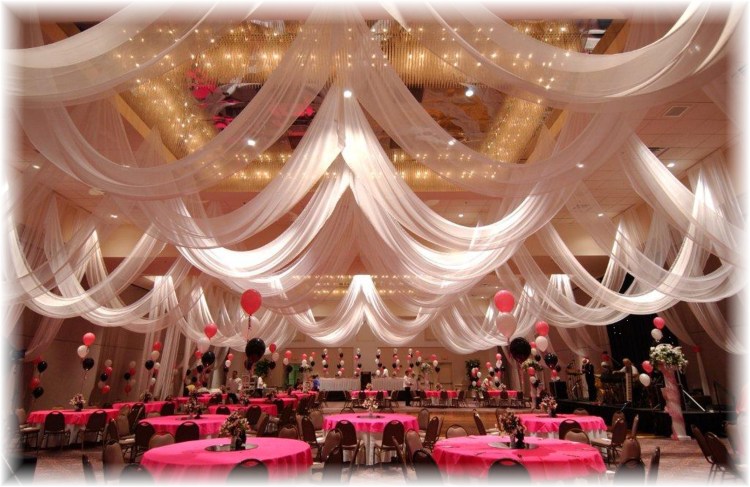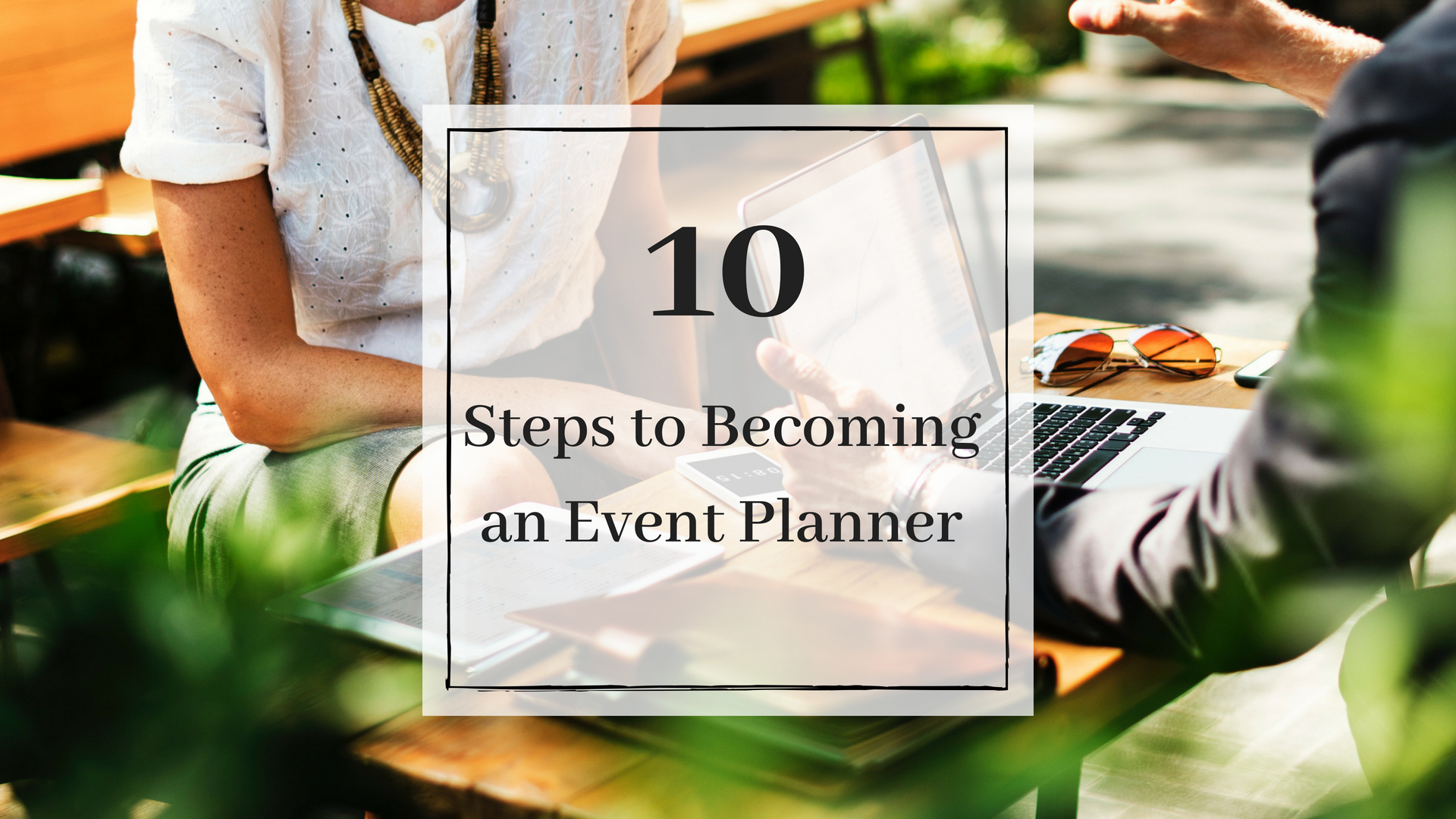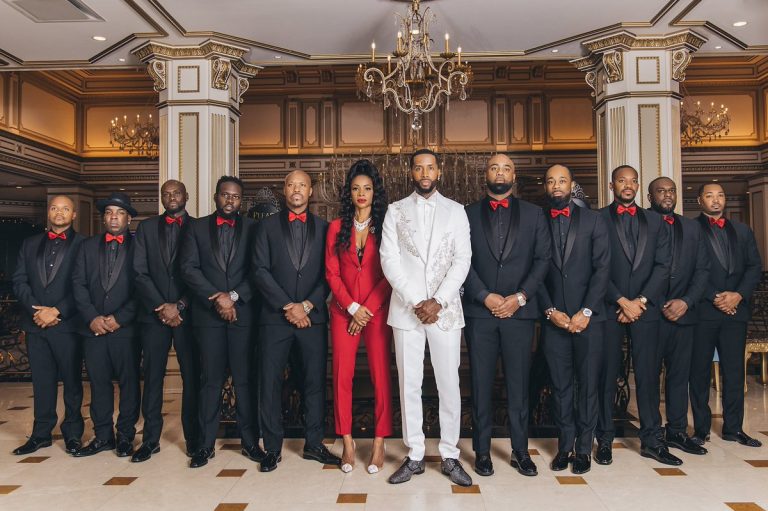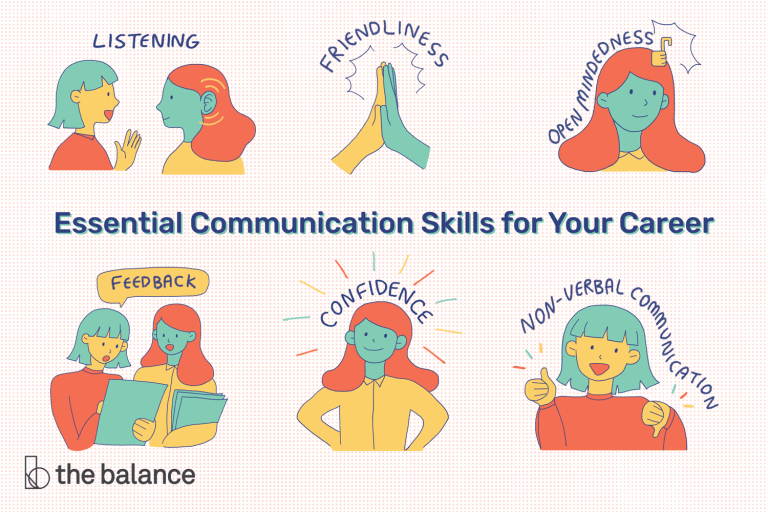How To Become an Event Planner?
To become an event planner, gain relevant experience through internships or entry-level positions in the events industry, and consider obtaining a degree in event management or a related field. Event planning is a dynamic and rewarding career that requires meticulous organization, creativity, and strong communication skills.
Whether it’s organizing weddings, corporate conferences, or music festivals, event planners play a crucial role in creating memorable experiences for clients and attendees. If you’ve ever dreamed of orchestrating flawless and unforgettable events, you may be wondering how to become an event planner.
In this guide, we will explore the essential steps and skills needed to succeed in this exciting profession. From gaining industry experience to acquiring relevant education, we will provide you with the tools and knowledge to kickstart your event planning journey. So, get ready to dive into the world of event management and discover the path to becoming a successful event planner.
1. Determine Your Interest And Goals
Are you passionate about planning and organizing events? If so, a career in event planning may be the perfect fit for you. But before you embark on this exciting journey, it’s important to determine your interest and goals in order to pave the way for success. In this article, we will explore the first step in becoming an event planner: determining your interest and goals.
1.1 Identify Your Passion For Event Planning
|
Event planning requires a certain level of enthusiasm and dedication. It’s crucial to identify your passion for this field to ensure long-term satisfaction and motivation. Ask yourself the following questions to assess your interest in event planning:
|
By honestly reflecting upon these questions, you can assess your suitability and passion for event planning. If you find yourself excited by the idea of bringing people together and creating memorable experiences, then event planning might just be the career for you!
1.2 Set Specific Career Goals
Once you have identified your passion for event planning, it’s essential to set specific career goals to guide your professional path. By setting clear objectives, you can work towards achieving them and measure your progress along the way. Here are some essential steps to setting specific career goals:
- Determine the type of events you want to specialize in: Whether it’s weddings, corporate conferences, or music festivals, choosing a niche can help you focus your skills and market yourself effectively.
- Identify the skills and knowledge you need to acquire: Research the industry and determine the competencies required to excel as an event planner, such as budgeting, negotiation, and logistical coordination.
- Create a timeline: Break down your goals into achievable milestones and set deadlines. This will help you stay motivated and track your progress.
- Network with industry professionals: Building connections within the event planning industry is essential. Attend industry events, join professional associations, and seek mentorship opportunities.
- Continuously learn and adapt: The event planning industry is ever-evolving. Stay updated with the latest trends, technologies, and best practices by attending workshops, conferences, and online courses.
- Regularly evaluate and adjust your goals: As you gain experience and expertise, your goals may change. Regularly assess your objectives and make adjustments as necessary.
By setting specific career goals, you establish a roadmap for success in event planning. Keep revisiting and revising your goals as you progress, ensuring that they remain challenging yet attainable.
In conclusion, determining your interest and goals is the first step towards becoming a successful event planner. Assess your passion, set specific career objectives, and embark on this thrilling journey to create memorable experiences for others.

Credit: www.eventbrite.com
2. Gain Relevant Skills And Knowledge
To become a successful event planner, it is essential to acquire the necessary skills and knowledge in the field. By developing these competencies, you will be equipped to handle various aspects of event planning with confidence. Here are some key areas where you should focus:
2.1 Develop Strong Organizational And Time Management Skills
Organizational and time management skills are crucial for event planners as they juggle multiple tasks and deadlines simultaneously. To hone these skills:
- Create a prioritization system to stay organized.
- Use tools like calendars and planners to schedule tasks and appointments effectively.
- Create checklists to ensure nothing is overlooked.
- Learn techniques for efficient workflow management.
2.2 Acquire Effective Communication And Negotiation Skills
Excellent communication and negotiation skills are essential in event planning, as you will interact with clients, vendors, and other stakeholders. To improve your communication and negotiation abilities:
- Practice active listening to understand your clients’ needs and expectations better.
- Develop persuasive and convincing speaking skills for effective client presentations.
- Learn techniques for conflict resolution and effective negotiation.
- Enhance your written communication skills for crafting compelling event proposals, contracts, and reports.
2.3 Learn Budgeting And Financial Management
Budgeting and financial management skills are crucial to ensure the financial success of events. To master these skills:
- Understand basic accounting principles and financial terminology.
- Learn how to create and manage event budgets, including tracking expenses and revenues.
- Explore strategies for cost-cutting without compromising the quality of events.
- Become familiar with financial software to streamline budgeting processes.
2.4 Familiarize Yourself With Event Planning Software And Technology
In today’s digital age, event planners need to be proficient in using event planning software and technology to enhance their efficiency and effectiveness. Consider the following:
- Research and familiarize yourself with popular event planning software, such as event registration tools, project management software, and event mobile apps.
- Stay updated with the latest industry trends and advancements in event technology.
- Attend workshops or online courses to improve your technical skills.
- Build a portfolio showcasing your proficiency in event planning technology.
3. Obtain Education And Certification
Obtaining the right education and certification is crucial for success in the event planning industry. By gaining a solid foundation and equipping yourself with the necessary skills and knowledge, you can better navigate the challenges of this dynamic field. Here are three key ways to further your education and expand your expertise in event planning.
3.1 Pursue A Degree Or Certification In Event Management
Consider pursuing a degree or certification in event management to gain a comprehensive understanding of the industry. A formal education program will provide you with valuable insights into event planning principles, logistics, and best practices. Some reputable institutions offer bachelor’s or associate’s degrees in event management, while others provide certification programs that can be completed in a shorter timeframe.
Notable courses typically cover topics such as event marketing, budgeting and finance, event design and décor, and risk management. These courses will equip you with the skills necessary to plan and execute successful events while accounting for potential challenges and ensuring client satisfaction.
3.2 Attend Workshops And Seminars
Attending workshops and seminars is another effective way to enhance your event planning skills. These events often feature industry experts who share their experiences, insights, and strategies. By participating in workshops and seminars, you can gain valuable knowledge about emerging trends, innovative event planning techniques, and effective project management strategies.
Additionally, these events provide excellent networking opportunities, allowing you to connect with other professionals in the field. Building relationships with fellow event planners, vendors, and potential clients can open doors to new opportunities and collaborations in the future.
3.3 Join Industry Associations For Networking And Professional Development
Joining industry associations dedicated to event planning is highly beneficial for networking and professional development. These associations provide platforms for connecting with like-minded professionals, sharing insights, and staying updated on the latest industry news and trends. Consider becoming a member of associations such as the International Live Events Association (ILEA) or the Meeting Professionals International (MPI).
By being actively involved in these associations, you can attend conferences, webinars, and networking events, further expanding your knowledge and connections in the industry. Additionally, many associations offer certification programs and professional development courses tailored specifically for event planners, further enhancing your credibility and expertise.

Credit: m.youtube.com
4. Gain Practical Experience
Gain practical experience: To become an event planner, gaining hands-on experience is crucial. Consider volunteering at events, interning with event planning companies, or working in hospitality to develop your skills and knowledge in this field.
Practical experience is crucial for becoming a successful event planner. It not only provides hands-on knowledge but also helps you build a strong portfolio. There are several effective ways to gain practical experience in event planning.
4.1 Seek Internships Or Entry-level Positions In Event Planning
Internships or entry-level positions in event planning are excellent opportunities to gain real-world experience and learn from seasoned professionals. Look for companies or organizations that offer internships or entry-level positions in event planning. These positions allow you to get involved in various aspects of event planning, such as venue selection, vendor management, and budgeting. Treat these opportunities as stepping stones and soak up as much knowledge and experience as you can.
4.2 Volunteer For Event Planning Roles
Volunteering can be an invaluable way to gain practical experience in event planning while also giving back to your community. Many local organizations, non-profits, and charities organize events and often need volunteers to help with the planning and execution. By volunteering for event planning roles, you can learn the ropes, network with industry professionals, and showcase your skills to potential employers or clients. Plus, it’s a great way to get hands-on experience without the pressure of being solely responsible for the success of the event.
4.3 Create Your Own Events For Hands-on Experience
If you’re eager to dive headfirst into event planning and gain hands-on experience, consider creating your own events. Whether it’s a small networking gathering, a charity fundraiser, or a themed party, organizing your own events allows you to take complete control and apply the skills you’ve learned. This not only provides you with practical experience but also demonstrates your ability to plan and execute successful events. You can invite friends, family, or industry professionals to attend, turning it into a learning and networking opportunity. Keep track of the outcomes and showcase your successful events in your portfolio as proof of your event planning abilities.
Gaining practical experience is essential for becoming a successful event planner. Seek internships or entry-level positions, volunteer for event planning roles, and create your own events to gain hands-on experience. Remember to document and showcase your achievements and learnings in your portfolio, as it will help you stand out in a competitive industry.
5. Build A Professional Network
Building a professional network is essential for flourishing as an event planner. By connecting with industry experts and like-minded professionals, you can gain valuable insights, exchange ideas, and establish vital connections that can lead to potential collaborations and opportunities. Here are some effective ways to build your professional network:
5.1 Attend Industry Conferences And Trade Shows
Attending industry conferences and trade shows provides an excellent opportunity to meet other event planners and professionals in the field. These events are buzzing with knowledge-sharing sessions, workshops, and networking activities that can help you expand your network. Moreover, you get a chance to learn about the latest trends and technologies in the event planning industry. Keep an eye on upcoming conferences and mark your calendar!
5.2 Join Online Communities And Forums
Online communities and forums dedicated to event planning are a treasure trove of knowledge and networking opportunities. Join popular platforms like Event Planning World, Event Manager Blog, or LinkedIn groups specializing in event planning. Participate actively by sharing your insights, asking questions, and engaging with other members. Collaborate on topics of interest and establish connections with industry veterans. Remember, every interaction counts!
5.3 Connect With Industry Professionals On Social Media
Social media platforms like Facebook, Instagram, and Twitter offer a prolific space for connecting with event planning professionals worldwide. Follow industry influencers, event planning organizations, and renowned event planners. Engage with their content by liking, commenting, and sharing valuable insights. By being active and enhancing your visibility on social media, you’re likely to attract attention from potential collaborators and clients.
5.4 Collaborate With Other Event Planners
Collaborating with other event planners is a win-win situation. By working together on projects or sharing experiences, you can gain insights, learn new techniques, and expand your network simultaneously. Reach out to event planners in your area or join professional networks where collaboration opportunities are regularly shared. Remember, collaboration is key to fostering growth and mutual success in the event planning industry.

Credit: www.howtobecome.com
Frequently Asked Questions On How To Become An Event Planner?
How Do I Become An Event Planner?
To become an event planner, gain relevant experience through internships, take event planning courses, network with professionals, and develop strong organizational and communication skills.
What Skills Are Required To Be An Event Planner?
To be a successful event planner, you need excellent organizational skills, attention to detail, strong communication and negotiation abilities, creativity, and the ability to work well under pressure.
What Are The Steps To Start A Career In Event Planning?
Start a career in event planning by researching the industry, volunteering to gain experience, building a professional network, obtaining relevant certifications, and creating a professional portfolio to showcase your work.
Conclusion
Embarking on a career as an event planner requires a combination of essential skills, practical experience, and a strong passion for organizing memorable events. By following the steps outlined in this blog post, you can lay a solid foundation for successful event planning.
Stay updated with industry trends, network with professionals, and constantly enhance your expertise to thrive in this dynamic field. With determination and dedication, you can achieve your goal of becoming a skilled and sought-after event planner. So, start your journey today and make your mark in the exciting world of event planning.




